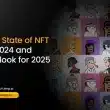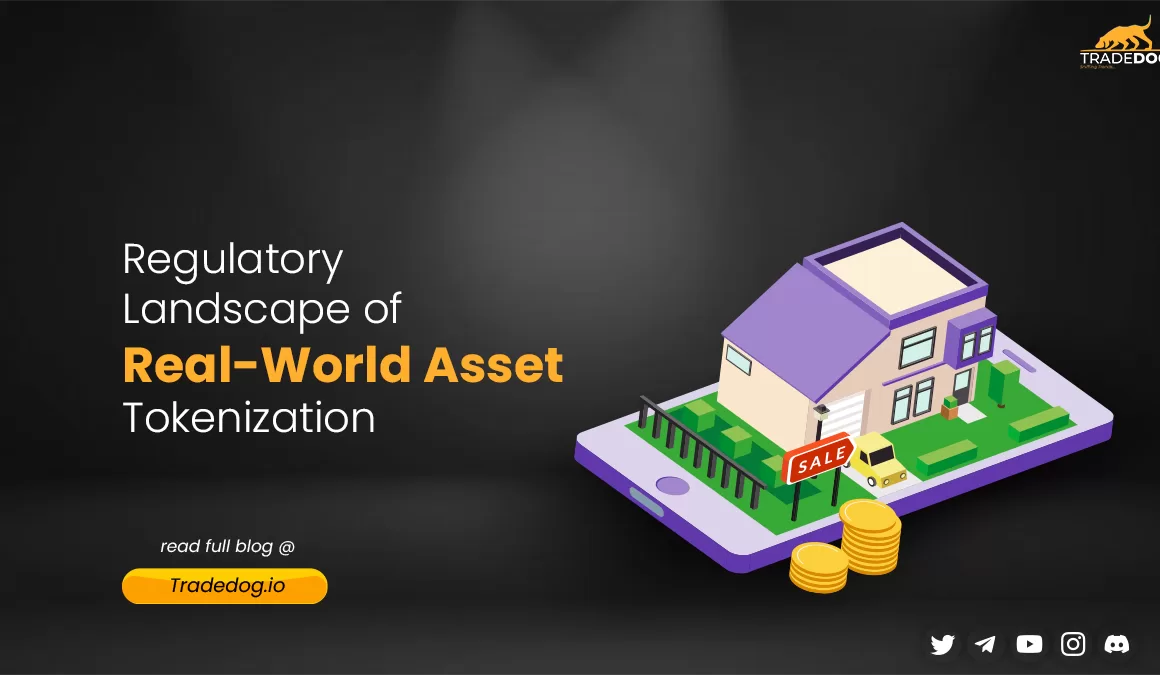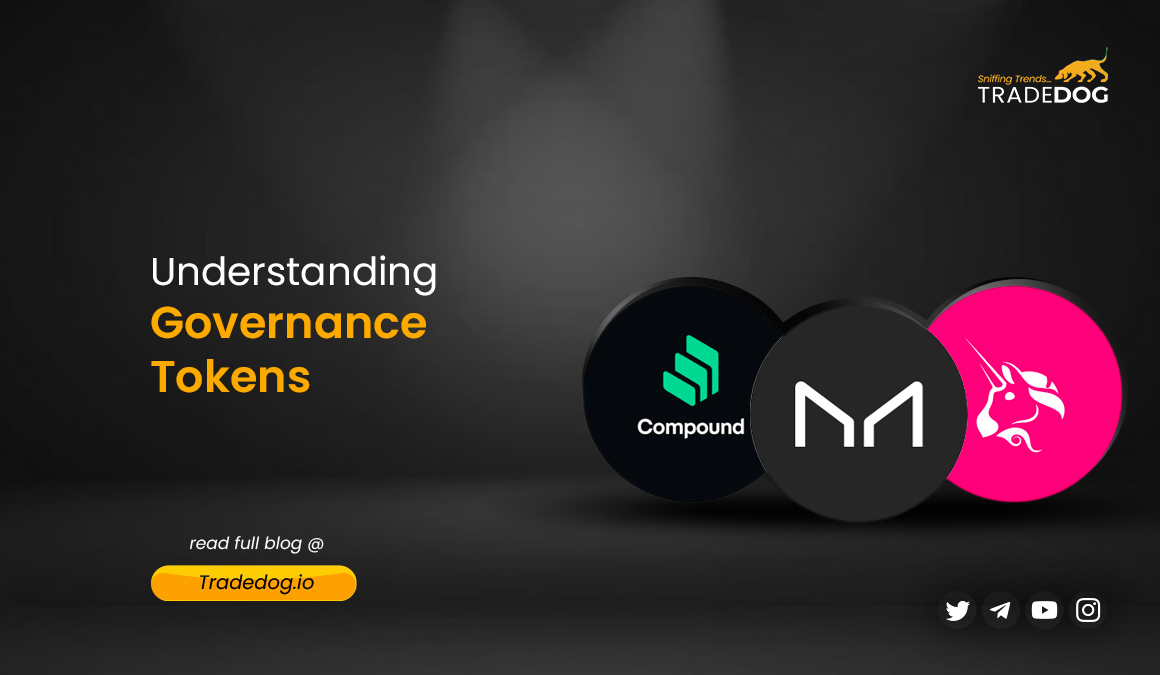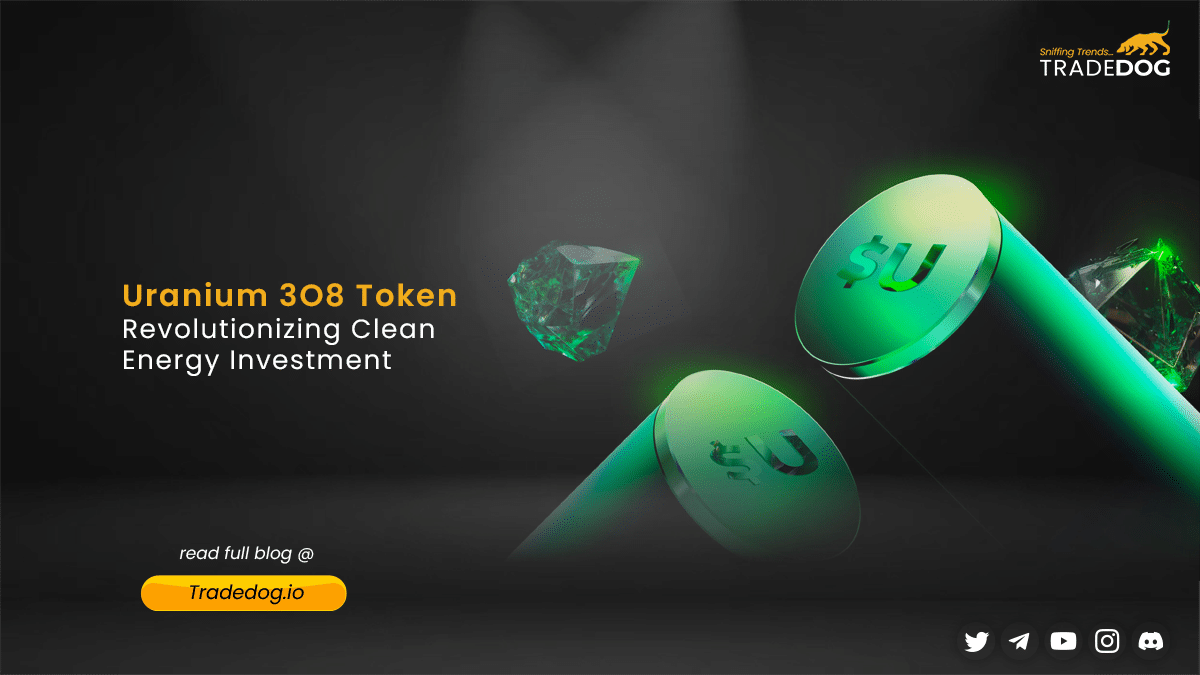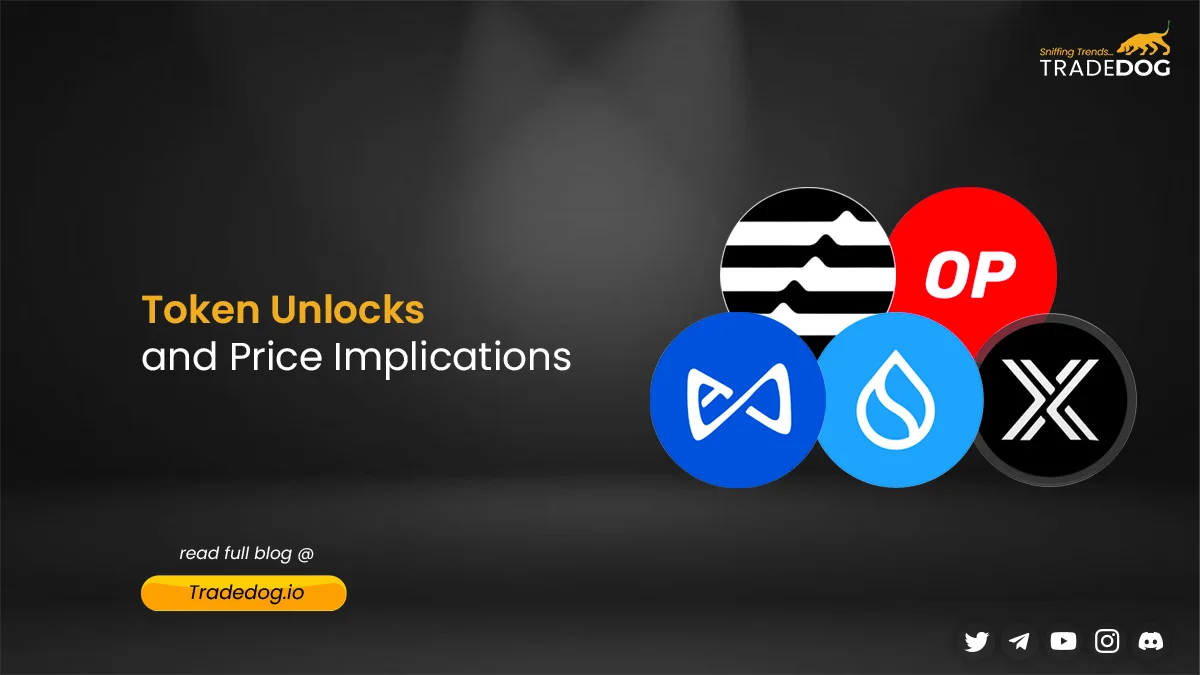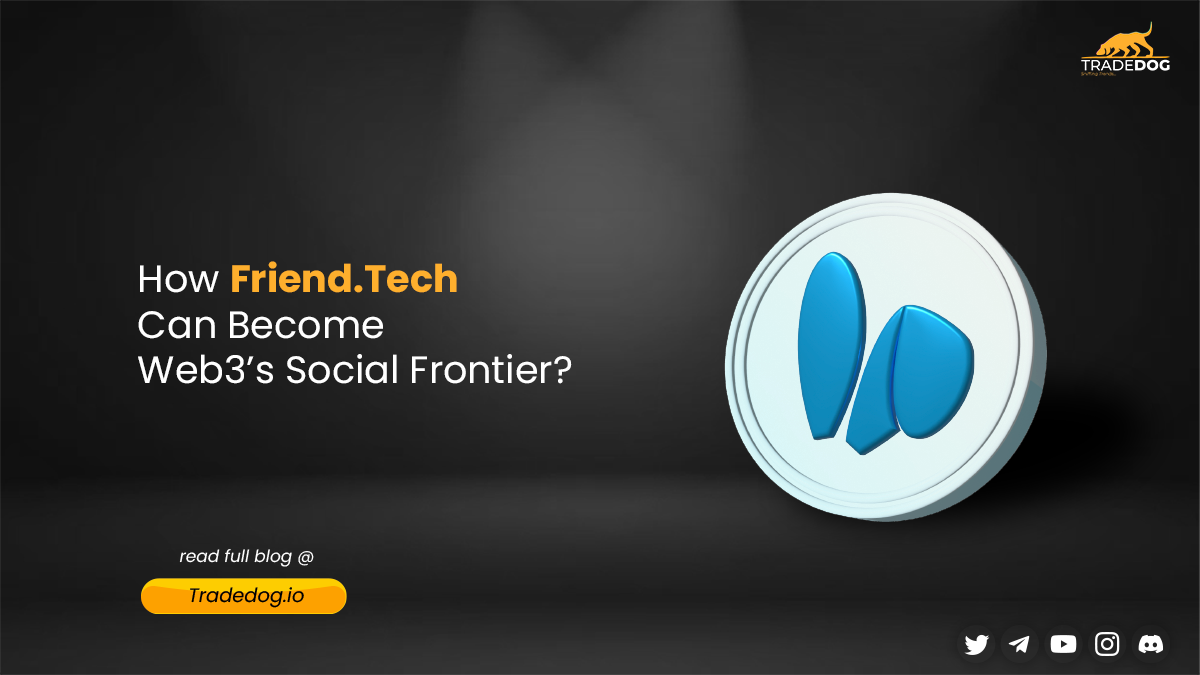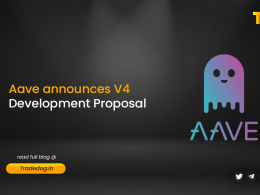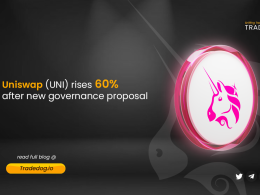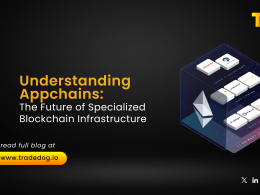Quick Links
The Tokenization of RWAs has revolutionized the financial industry, presenting exciting opportunities like improved liquidity, fractional ownership, and easier market access. Yet, navigating the intricate network of regulations and compliance requirements is crucial to guarantee transparency and security and safeguard investor interests. In this blog post, we will delve into the vital regulations and compliance measures to be adhered to when tokenizing RWAs. We aim to shed light on the regulatory framework, offering valuable insights into the compliance landscape associated with RWA tokenization. A few prominent regulations that are applicable across multiple jurisdictions are as follows:
Know Your Customer (KYC) and Anti-Money Laundering (AML)
The purpose of KYC and AML regulations is two-fold: verify the identity of new customers and safeguard against illicit activities such as money laundering and fraud. When tokenizing RWAs, verifying the identity of all participants involved in the process is crucial. Tokenization platforms must implement robust KYC procedures, which typically include collecting and verifying personal identification information, conducting risk assessments, and monitoring transactions for suspicious activities. Compliance with AML regulations ensures transparency and traceability of funds throughout the tokenization process.
Securities Regulations
Many tokenized assets fall under securities regulations, as the tokens often represent ownership or investment in an underlying asset. The token issuers must register their offerings and comply with relevant securities regulatory authorities depending on the jurisdiction. For instance,
- In the United States, the Securities and Exchange Commission (SEC) oversees securities issuance and sets compliance guidelines.
- In Hong Kong, tokens categorized as “securities” are governed by existing securities regulations and come under the authority of the local securities regulator – the Securities and Futures Commission (SFC)
- In Singapore, unless an exemption is applicable, any offering of securities must adhere to the prospectus requirements outlined in the Securities and Futures Act (SFA)
Consumer Protection
Tokenization platforms must prioritize consumer protection to maintain trust and confidence in the market. Precise and accurate disclosure of information regarding the tokenized assets, associated risks, and potential returns is essential. By making necessary disclosures, platforms must ensure that investors have a comprehensive understanding of the assets they are tokenizing and the potential implications of their investments.
Licensing and Registration
When engaging in tokenization, certain licenses or registrations are also required. The specific licenses depend on the jurisdiction and the nature of the tokenized assets. Here are a few notable licenses often associated with tokenization:
- Money Transmitter License: In certain jurisdictions, tokenization platforms must obtain a money transmitter license due to their involvement in cryptocurrency transactions.
- Virtual Asset Service Provider (VASP) License: Many countries, particularly those in the European Union, have implemented licensing frameworks specifically for virtual asset service providers. To operate in these regions, tokenization platforms must secure a Virtual Asset Service Provider (VASP) license.
- Broker-Dealer License: If the tokenized assets are deemed securities, the platform facilitating their issuance or trading requires a broker-dealer license to comply with securities regulations.
- Crowdfunding License: In jurisdictions that permit tokenized asset crowdfunding, platforms may need to acquire a specific crowdfunding license.
Apart from the above, certain asset-specific licenses must also be obtained before tokenization.
Tax Compliance
Tokenization of RWAs can have tax implications for both issuers and investors. It is essential to comply with local tax laws and regulations. Token issuers should consult tax professionals to understand the tax treatment of the tokenized assets and determine the reporting and payment obligations.
For instance, suppose a Hong Kong-based corporate investor subscribes to new shares represented as a digital token in a Cayman Islands company. The Cayman company uses the funds to subscribe to shares in an Australian company, which acquires Australian real estate as its sole asset.
This sale of the tokenized shares incurs no Cayman Islands tax, but the Hong Kong investor faces a 30% Australian tax on gains. However, please note that Australia taxes gains on the sale of shares worldwide only if at least 50% of the shares’ value is attributable to Australian real property. Further, the taxation from Hong Kong’s profit tax point of view requires careful consideration since it mostly depends on the nature of the trade or business conducted within Hong Kong.
Conclusion
In conclusion, tokenizing real-world assets (RWAs) revolutionizes the financial industry by bridging the gap between traditional and digital economies. It offers exciting opportunities for increased efficiency and accessibility. However, for mass adoption to occur, navigating the complex landscape of regulations and compliance requirements is crucial.
By understanding and adhering to these regulations, stakeholders can confidently embrace the tokenization of RWAs. This allows them to unlock the full potential of this innovative financial avenue while maintaining trust, transparency, and legal compliance. Compliance with regulations ensures that the process remains secure, protects investor interests, and promotes a fair and regulated market environment.
The future of tokenization is bright, and by embracing it responsibly and complying with regulations, we can build a strong foundation for a new era of finance that brings together the best of traditional and digital economies.




